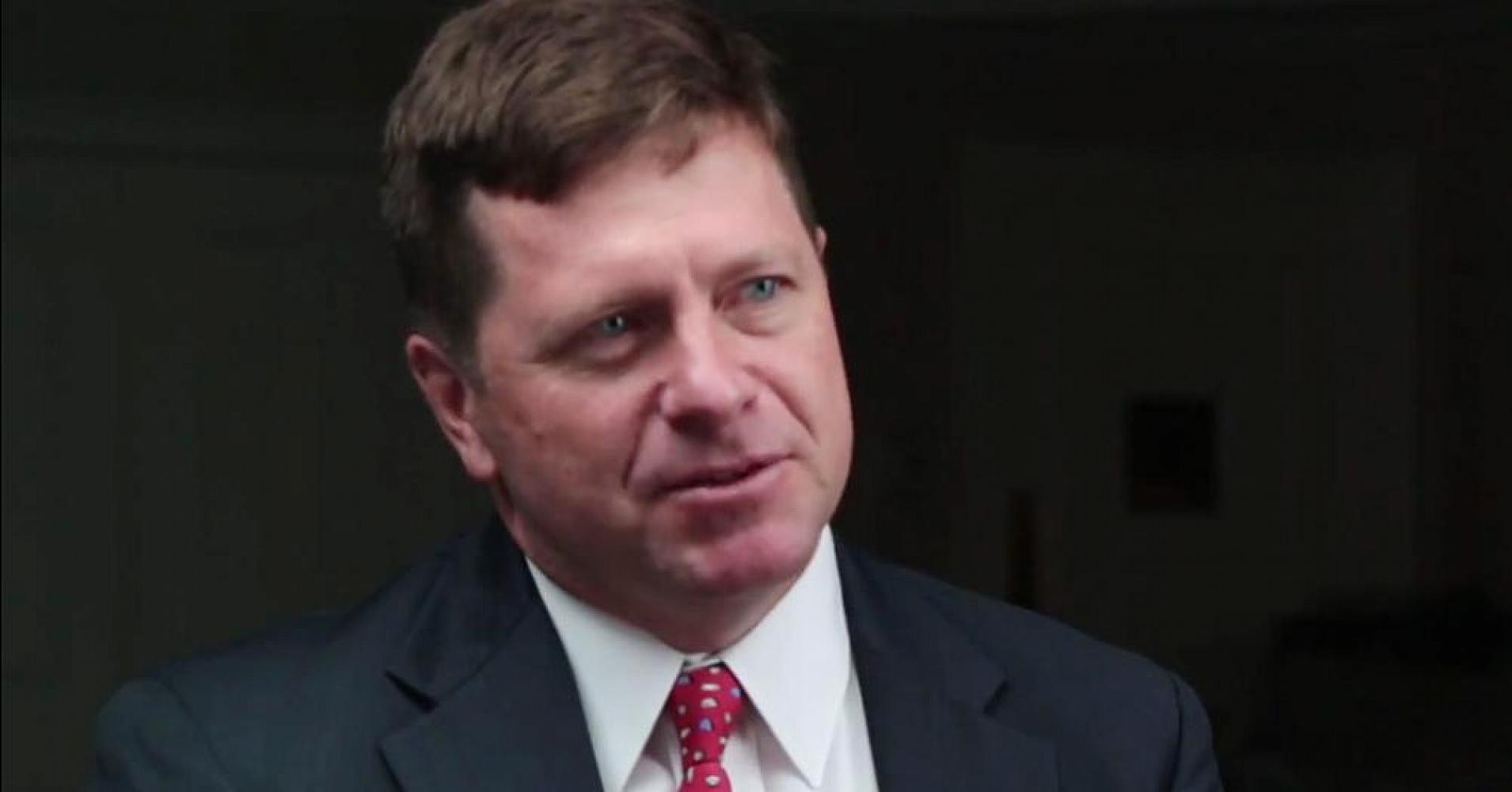SEC Chair Calls “Harmonized Fiduciary Rule” Top Priority

Securities and Exchange Commissioner Jay Clayton sat before the Senate Banking Committee on Tuesday and discussed coordinating with the Department of Labor and state regulators on a “harmonized” fiduciary rule, which he called a “top priority.”
The Office of Management and Budget approved a proposal by the DOL last month to delay implementation of the remaining provisions of the agency’s fiduciary rule for 18 months until July 1, 2019.
During the hearing, Senator Jon Tester (D-MT) questioned Clayton on whether the SEC was working with the DOL to “harmonize” the rule so that “people don’t get ping-ponged back and forth between two rules.” Clayton responded in the affirmative, although he did not specify a time frame.
“Everything can’t be a priority. This is a priority for me. We’re pushing this one. This is at the top of my list in that area of [the SEC], responded Clayton on the rule harmonization.
Fiduciary rule opponent Senator Tim Scott (R-SC), who worked as a financial advisor before entering the public sector, said that recent surveys have shown that advisors are taking on fewer small accounts due to the increased compliance costs and legal risks associated with the regulation that seeks to eliminate conflicts of interest in retirement investment advice.
“Restricting access to professionals in the financial industry has a negative impact on the resources available to the average American for retirement,” said Scott. “The last thing that we need to do at this point is to find ways to get experts out of the household, which is the unintended consequence of the fiduciary rule, in my perspective.
Scott questioned Clayton on the SEC’s coordination with the DOL and the recent 18-month delay of the fiduciary rule, a move he applauded. Clayton responded that any joint-rulemaking efforts conducted with the DOL and state regulators must adhere to four principles: choice, clarity, consistency, and coordination.
He said that low-income investors must have choice, rather than being “pushed into a narrow set of circumstances as a result of the steps we take.” Investors must clearly understand the type of investment professional they are dealing with and the obligations owed to them, Clayton said. He believes there must be a consistent standard applied to both retirement and non-retirement accounts, and that the DOL, SEC, and state regulators must coordinate their efforts.
Clayton also noted that he and his staff are currently reviewing the information gleaned from the recent public comment request on standards of conduct for investment advisers and broker-dealers.
Click here to visit The DI Wire directory page.